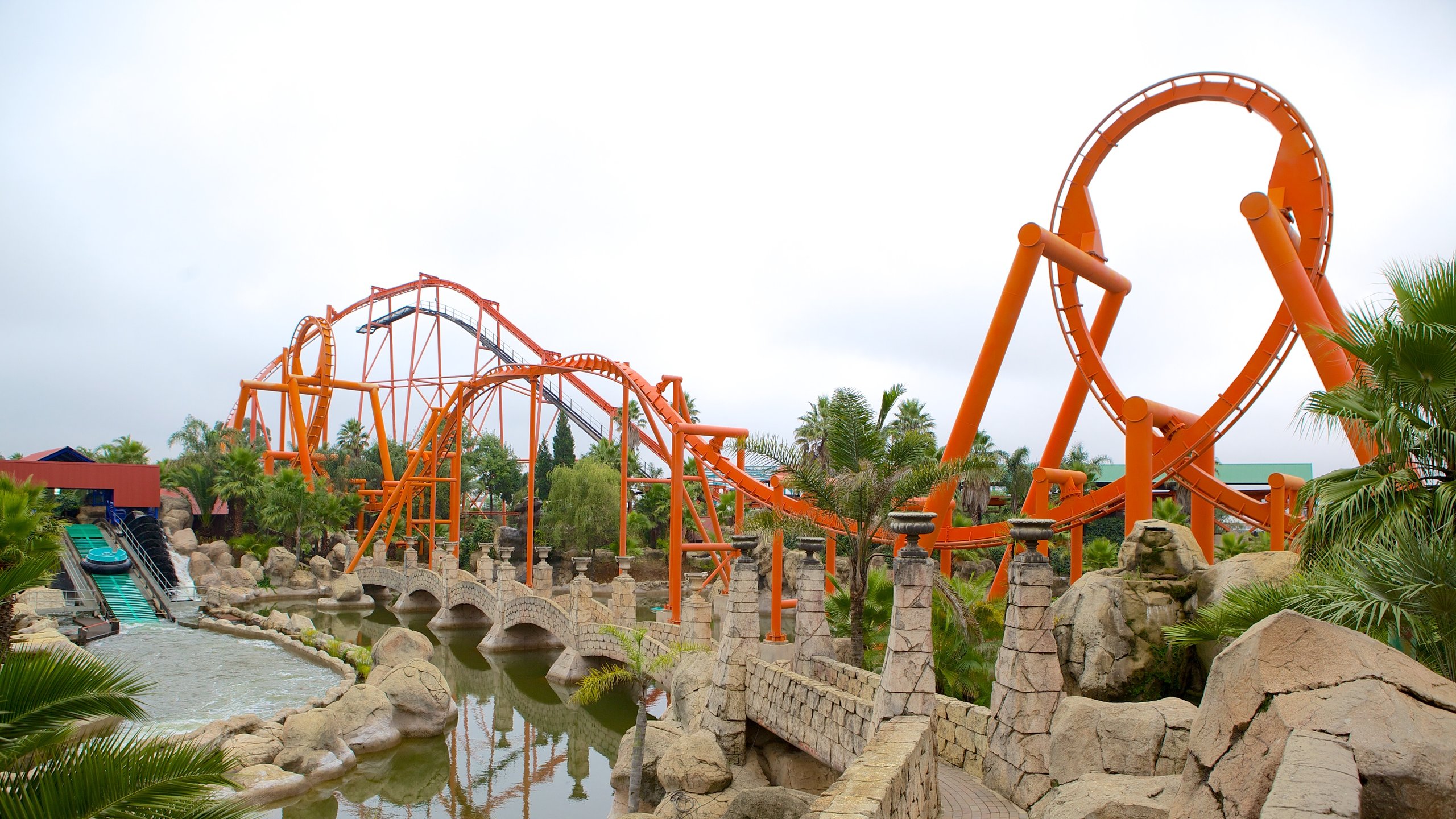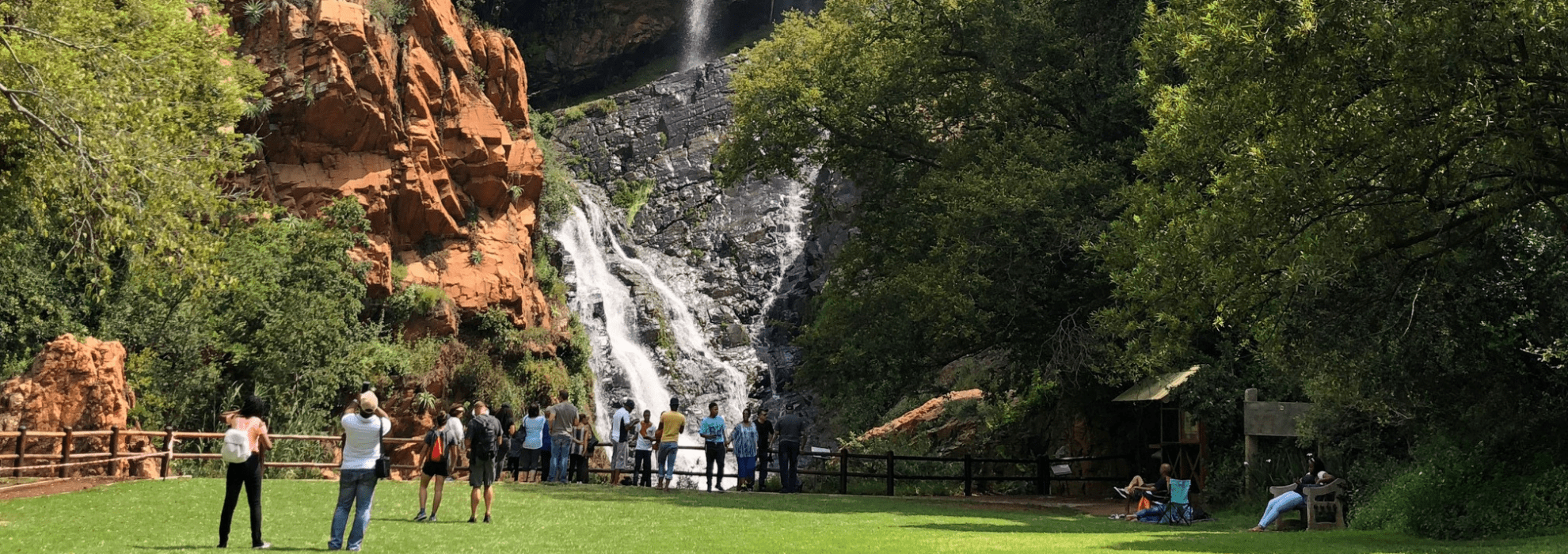10 Simple Techniques For Johannesburg North Attractions
Table of ContentsExamine This Report about Johannesburg North Attractions10 Simple Techniques For Johannesburg North AttractionsThe Only Guide for Johannesburg North AttractionsJohannesburg North Attractions - TruthsThe Johannesburg North Attractions DiariesThe Main Principles Of Johannesburg North Attractions
The city expanded on the side of the Witwatersrand Main Coral reef, a below ground stratum of gold-bearing quartz-silica empire that arcs for hundreds of miles below the Highveld - Johannesburg North attractions. Most of the gold mines in the city discontinued procedure in the 1970s, yet in its day the Witwatersrand gold market accounted for more than 40 percent of the world's yearly gold production.Johannesburg has a warm environment. Summer season temperatures average regarding 75 F (24 C); winter season temperatures average about 55 F (13 C) and only sometimes dip below freezing. The city delights in regarding eight hours of sunlight per day in both winter season and summer season. Rain standards about 28 inches (700 millimetres) per annum, however the overall differs substantially from year to year.
What rain the city receives drops practically exclusively in the summer season months, usually in spectacular late-afternoon electric storms., where numerous citizens still depend on coal for fuel.

Some Of Johannesburg North Attractions
The balance of the city is occupied by whites. Lodging varies in personality and high quality. Soweto is well-known for its countless rows of municipally constructed, two-room matchbox homes, yet it additionally has a few prosperous territories as well as brimming squatter camps, where tens of thousands live without water, electrical power, or sanitation facilities.
Physical growth, although rather limited by transportation, continued swiftly as immigration to South Africa, and Johannesburg in particular, boosted substantially.
The majority of poor residential areas were combined, with inadequate blacks and whites living with each other, although the affluent suburban areas were normally scheduled for whites.
The estimated populace of the area is 200,000, [] The number of individuals living in the inner city on a casual basis is unidentified, as several are prohibited immigrants. A lot of higher-income locals and white people have actually relocated to the northern residential areas and have been changed by lower-income black people. The joblessness, education and learning, and age profiles of the location are all unidentified, as a result of the trouble of getting reliable information regarding the area.
An Unbiased View of Johannesburg North Attractions
Centred on the CBD, the area consists of the residential areas of Yeoville, Bellevue, Troyeville, Jeppestown, and Berea to the eastern. To the west it infects Pageview (Johannesburg North attractions) and Fordsburg. There are little industrial parks to the south, such as City West-Denver and Benrose. Around 800,000 commuters go through the internal city important site each day, and it functions as a local shopping node for visitors from the southerly residential areas. Yeoville and Bellevue have a mix of home buildings and solitary household units on small great deals. The area is situated on a hilly divide that runs from eastern to west.

Johannesburg Stadium, a training school for both the Golden Lions and Orlando Pirates, is nearby. The eastern suburban areas of Johannesburg are located in the city's 7th [] and 9th [] areas. The location is likewise functionally integrated with East Rand boundary towns beyond the main border of Johannesburg, such as Bedfordview and Edenvale (both part of Ekurhuleni Metropolitan Municipality).
Getting My Johannesburg North Attractions To Work
R. Tambo International Flight Terminal). The eastern residential areas are a few of the earliest locations of Johannesburg, there are big areas of Jewish and various other European backgrounds, the bulk of the populace is English speaking. There are three golf links in addition to a variety of protected ridges with viewsites. There are several strong and up-market home entertainment and purchasing locations in the east such as the Eastgate Shopping Center and the Greenstone mall.
The area is mainly made up of old "matchbox" residences, or four-room residences developed by the government, that were developed to provide low-cost lodging for black employees throughout racism. Soweto is an abbreviation, representing "South Western Townships". Road after road in this field is lined with matchboxes; nonetheless, there are a couple of smaller sized locations where thriving Sowetans have developed houses that are much more comparable in stature with those in even more wealthy suburban areas.
Hostels are one more popular physical function of Soweto. Originally developed to house male migrant employees, lots of have actually been boosted as residences for pairs and households. The N1 Western Bypass skirts the eastern limit of Soweto. The suburb was not historically allowed to create work centres within the location, so nearly all of its locals are commuters to other parts of the city.
Little Known Questions About Johannesburg North Attractions.
The N1 Western Bypass company website links the north residential areas with the north-western suburbs. The houses in the northern residential areas are generally official, with no substantial areas of casual housing, or real estate that lacks a long-term structure. Although this is a recognized location, there is a trend of land usage change from household to industrial, specifically along primary arterial roadways and around established nodes.
Roads to the east and west are much less well created, as there are no highways taking a trip in that instructions. In the direction of the north boundary Read More Here of the city, the thickness of advancement reduces, leaving big areas of undeveloped land around Midrand.
Johannesburg North Attractions Fundamentals Explained
The first suburb to the north of the central city is Parktown, which lies on a hill forgeting the internal city and Hillbrow. It has many well-off locals and Edwardian-style manors, in addition to the Education and Clinical campuses of the College of the Witwatersrand. The big concrete Charlotte Maxeke Johannesburg Academic Healthcare Facility dominates the sky line of Parktown.
Comments on “3 Easy Facts About Johannesburg North Attractions Shown”